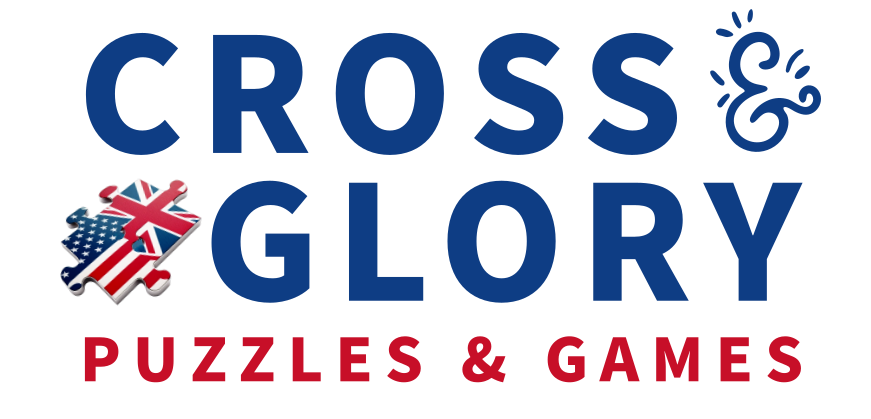In recent years, competitive jigsaw puzzle competitions have emerged as a thrilling and unexpected arena of mental athleticism. Far from the quiet pastime many associate with puzzling, these competitions are high-energy, strategic, and incredibly fast-paced. They bring together enthusiasts from all walks of life, each eager to showcase their puzzle-solving prowess. At Cross and Glory, we've observed this fascinating development with great interest, recognizing the blend of skill, strategy, and sheer determination it takes to excel in these contests. Let's delve into the exciting world of competitive jigsaw puzzling and discover what makes it so captivating.
The Rise of Puzzle Competitions
Competitive jigsaw puzzling has gained momentum as a sport, with events held globally that attract participants of all ages and skill levels. These competitions often involve teams racing against the clock to complete a puzzle in the shortest amount of time. The atmosphere is electric, with teams huddled over puzzle tables, pieces flying as strategies are executed with precision and speed.
The Appeal of the Challenge
So, what draws people to these competitions? For many, it's the challenge of transforming a solitary hobby into a dynamic team sport. As explored in Relieving Stress through Jigsaw Puzzles, puzzles are typically associated with relaxation and stress relief. Competitive puzzling turns this concept on its head, adding an adrenaline rush to the mix and transforming the quiet concentration of puzzling into a high-stakes game of speed and wit.
Skills Required for Competitive Puzzling
Competitive puzzling demands a unique set of skills:
- Speed and Efficiency: Unlike casual puzzling, where the journey is as important as the destination, competitive puzzling is all about speed. Fast decision-making and quick hand-eye coordination are crucial.
- Teamwork and Communication: In team competitions, effective communication and collaboration are key. Teams must work seamlessly, dividing tasks and sharing strategies to complete the puzzle as quickly as possible.
- Strategic Planning: Successful teams often have a game plan, deciding in advance how to approach the puzzle, whether by color, pattern, or edge pieces.
Puzzles as Team-Building Activities
Beyond the competitive arena, the concept of puzzle-solving as a team activity has also found its way into corporate events and team-building exercises. As detailed in Unlocking the Power of Jigsaw Puzzles, puzzles can be an effective tool for enhancing cooperation, communication, and problem-solving skills within a team. In a corporate setting, puzzles offer a fun and engaging way to break down barriers and build camaraderie among colleagues.
The History Behind the Hobby
Interestingly, the history of jigsaw puzzles is as complex and interwoven as the puzzles themselves. The history of jigsaw puzzles reveals a journey from educational tools to beloved pastimes and now, a competitive sport. Understanding this history adds depth to the puzzle-solving experience, whether you are competing in a tournament or enjoying a puzzle at home.
Conclusion
Competitive jigsaw puzzle competitions represent an intriguing evolution of a classic hobby. They challenge the stereotype of puzzling as a solitary, leisurely activity, introducing an element of excitement and team dynamics. Whether you're a veteran puzzler or new to the world of jigsaw puzzles, these competitions offer a fresh and exhilarating way to engage with this timeless hobby. So, gather your team, sharpen your skills, and dive into the fast-paced world of competitive jigsaw puzzling!

